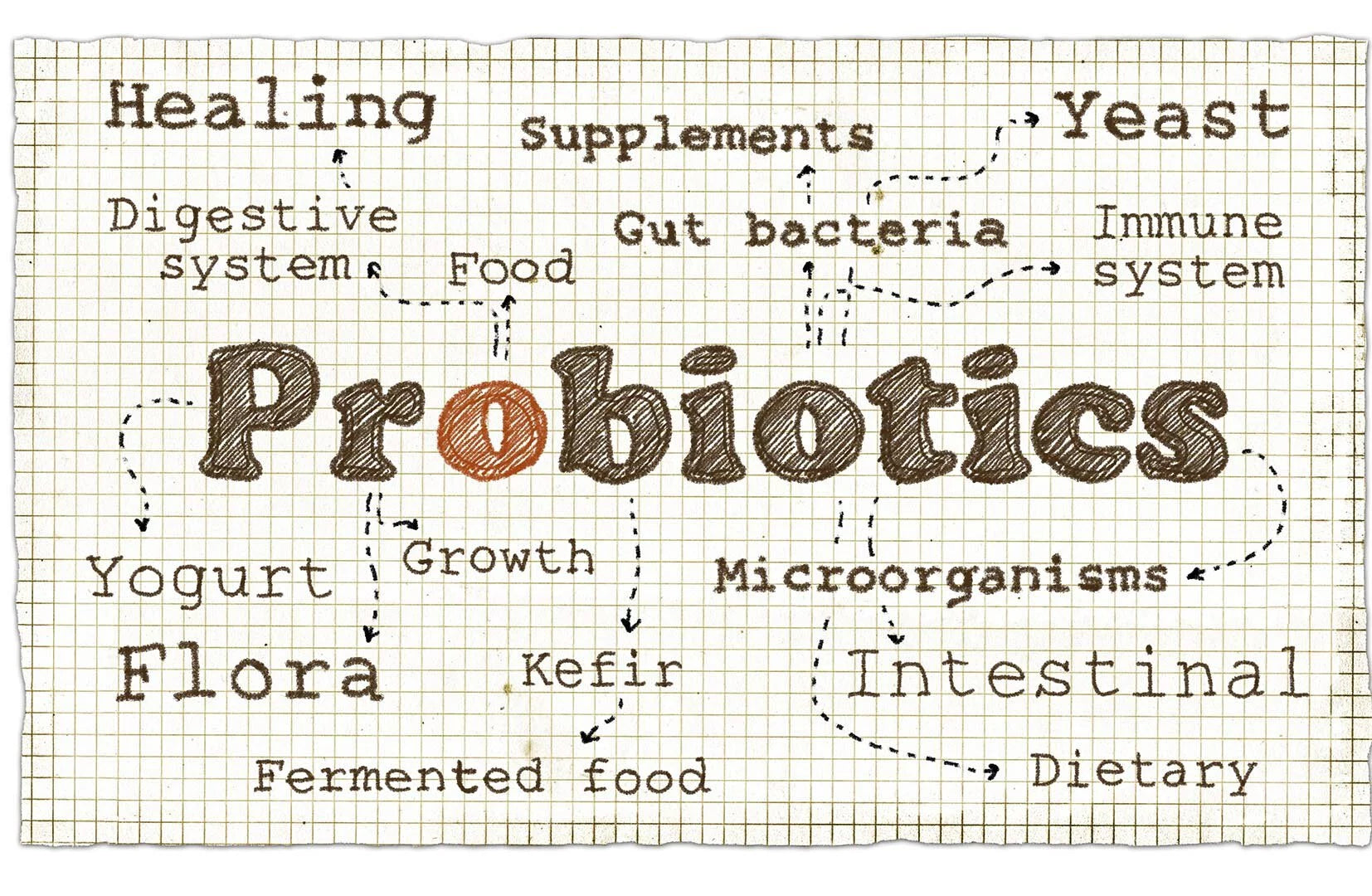Gut bacteria dominate the severity of new coronary pneumonia?

Beginning in 2019, the world is facing the threat of a global outbreak resulting in a pandemic known as the novel coronavirus (COVID-19). Some people have mild or no symptoms after infection, and some people have fatal reactions. Individual differences can of course be blamed, but as scientists have learned more about COVID-19, they have discovered that although the virus is a respiratory disease, the type and number of bacteria in the gut may also affect COVID-19 the severity of the infection, and how well the immune system responds to the infection.


Meanwhile, Korea University's Human-Microbe Interaction Laboratory analyzed the relationship between gut health and COVID-19 prognosis, which was published in the American Society for Microbiology (ASM) The "mBio" journal. Study finds guts of COVID-19 patients
As a result, the diversity of intestinal flora decreases overall, not only the number of good flora decreases, but also short-chain fatty acids are produced and play an important role in strengthening the intestinal barrier (gut-barrier). Salt (butyrate), relatively reduced. The number of pathogenic bacteria was also found to be elevated. In addition, individual health also affects patient treatment and prognosis. Hypertension, diabetes, obesity, and the elderly are all high-risk groups for severe COVID-19, and the intestinal microbiota of this group are all affected by chronic diseases and old age. Changes occur that make the gastrointestinal barrier dysfunction, making it easier for pathogens and disease-causing organisms (pathobionts) to come into contact with intestinal cells, making the disease worse.
Can supplementing probiotics help with new coronary pneumonia?
In recent years, studies on the "lung-gut axis" have found that lung and intestinal health are closely related to the microbes of the two. The benefits of probiotics in improving immunity and fighting influenza have been confirmed, such as a study by Indiana University in the United States. , eating Lactobacillus casei and Lactobacillus fermentum for 3 months can reduce the chance of upper respiratory tract infection; in 2019, Spanish company Biosearch Life also found in animal experiments that injecting cold virus into the respiratory tract of mice eating probiotics resulted in about 90% of the virus died in the nasal cavity and did not enter the lungs, which also means that the chance of catching a cold is reduced. Therefore, when probiotics are eaten in the stomach, a series of immune regulation effects are triggered, and the mucous membrane immunity of the whole body is thus enhanced. In the mucous membrane of the respiratory tract, it helps us fight against influenza virus, but what about new coronary pneumonia? At present, there is no direct data to prove that supplementing probiotics or specific strains has the effect of treating patients with new coronary pneumonia, but it can be said that probiotics can adjust the intestinal flora, maintain the intestinal microecological balance , and further Prevent and increase resistance , not directly fight against the new coronavirus. Therefore, under the tyranny of the new coronavirus, start supplementing with probiotics to increase immunity!





